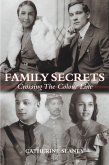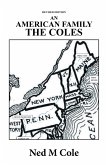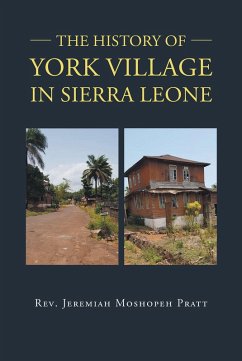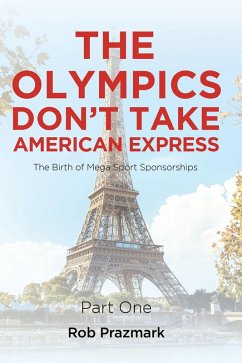This story begins in 1812 with the birth of John M. Phipps, who had become a mysterious recluse in Shenandoah, Iowa, by age ninety-three. His neighbors assumed he had something to hide in his past. Because he was born in the same Virginia county as the father of J. D. Rockefeller, some Shenandoans thought they might be one and the same. It may have been that all he had to hide was that he joined neither side in the Civil War. It was known that he swapped valuable land near Independence, Missouri, for a place in Farragut, Iowa, in order to move his eldest boys, Matthew and Preston, away from Missouri because he feared they would join the James Gang. Later, in Kansas, when the railroad cut his land in two, Matthew built a brick wall across the tracks. After that, he had to hide for a while. Matthew and Preston were part of the 1893 land rush into the Cherokee Strip of Oklahoma. Preston was later robbed and killed.
We then follow the author's maternal family, the DeWitts of Grant City, Missouri, who were preachers, engineers, and doctors. The two families joined in the marriage of Claude Phipps and Deva DeWitt at the bottom of the Depression in 1932. Claude, who had been promised an art department job at the Marland Oil refinery in Ponca City, Oklahoma, had to accept manual labor when J. P. Morgan bought the company, to keep the family going. Morgan called it Cities Service. Claude's college training was in journalism, and he quickly found this field wouldn't support a family. With grim determination over the next twenty-five years, Claude and Deva saw to it that their son Claude Jr. went to MIT. Part 2 of the story follows Claude Jr. through the Summer of Love in San Francisco and ends in Santa Fe. It's a heroic story that you will enjoy.
We then follow the author's maternal family, the DeWitts of Grant City, Missouri, who were preachers, engineers, and doctors. The two families joined in the marriage of Claude Phipps and Deva DeWitt at the bottom of the Depression in 1932. Claude, who had been promised an art department job at the Marland Oil refinery in Ponca City, Oklahoma, had to accept manual labor when J. P. Morgan bought the company, to keep the family going. Morgan called it Cities Service. Claude's college training was in journalism, and he quickly found this field wouldn't support a family. With grim determination over the next twenty-five years, Claude and Deva saw to it that their son Claude Jr. went to MIT. Part 2 of the story follows Claude Jr. through the Summer of Love in San Francisco and ends in Santa Fe. It's a heroic story that you will enjoy.
Dieser Download kann aus rechtlichen Gründen nur mit Rechnungsadresse in A, D ausgeliefert werden.









